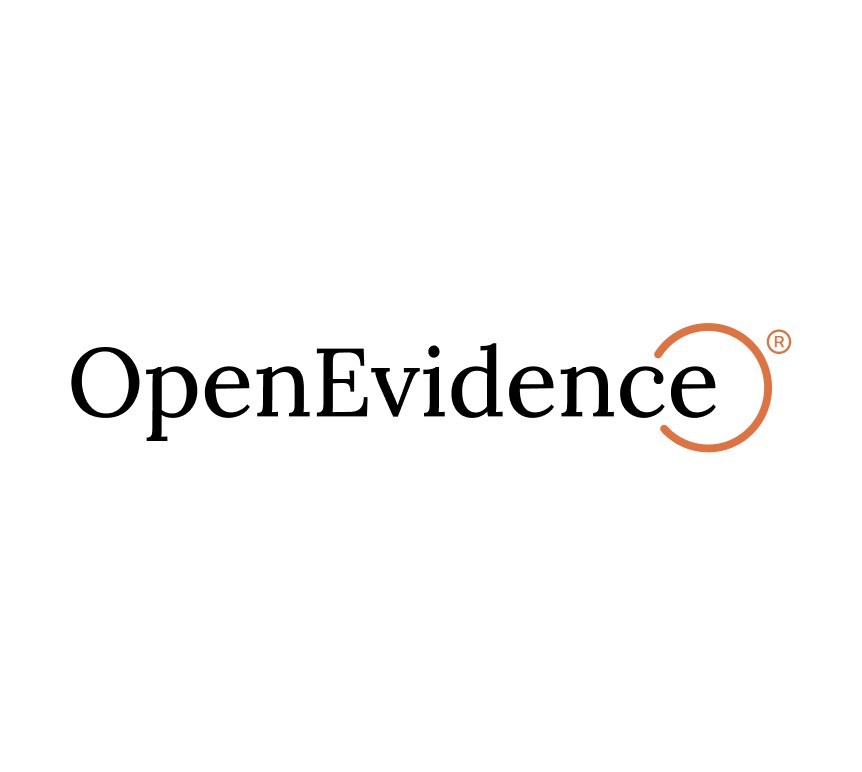
What You Should Know:
– OpenEvidence, the most widely used medical search and AI application among verified U.S. clinicians raises $210M in Series B funding round, valuing the company at $3.5 billion. The round was co-led by Google Ventures and Kleiner Perkins, with follow-on investment from Series A leader Sequoia Capital, and additional participation from Coatue, Conviction, and Thrive. OpenEvidence has now raised over $300M since its founding.
– OpenEvidence is rapidly transforming how frontline healthcare providers access, evaluate, and apply the world’s medical knowledge, helping clinicians make high-stakes clinical decisions at the point of care.
Solving Information Overload with Real-Time Evidence
Clinicians are overwhelmed by information overload, with the volume of medical research doubling every five years. Traditional medical evidence databases are slow, fragmented, and require extensive manual searching, pulling physicians away from patient care.
OpenEvidence addresses this by allowing clinicians to “search once, skip the scavenger hunt, and surface the science in seconds”. Through strategic content partnerships with institutions like the American Medical Association (JAMA) and The New England Journal of Medicine, OpenEvidence provides point-of-care answers grounded in the latest research, complete with references and follow-up suggestions. OpenEvidence’s HIPAA-compliant platform rapidly synthesizes medical research, enabling faster, more evidence-based decisions and improved patient outcomes by reducing the lag between new evidence and bedside application.
Launching DeepConsult™: The First AI Agent for Physicians
In addition to the funding announcement, OpenEvidence announced the wide release of OpenEvidence DeepConsult™, the first AI agent purpose-built for physicians. DeepConsult provides every physician with a personal, private team of PhD-level, medically-specialized AI agents capable of conducting advanced medical research autonomously.
These DeepConsult agents use advanced reasoning models to analyze and cross-reference hundreds of peer-reviewed medical studies in parallel, surfacing not just direct answers but also novel, cross-cutting connections that might otherwise go unnoticed. This results in an evidence-based synthesis—an integrative, interdisciplinary understanding distilled from hundreds of studies that would typically take a human researcher months to produce for a single clinical topic.
While OpenEvidence’s core search product focuses on speed (5–10 second answers), DeepConsult addresses a different use case: providing comprehensive research reports for complex questions when physicians have more time, such as during a lunch break. This marks a new era of medical productivity with tireless, agentic assistants.
Despite DeepConsult runs requiring over 100 times the compute and cost of a standard search, OpenEvidence is offering it entirely free to all verified U.S. clinicians, regardless of their institution or workplace, underscoring its mission to support physicians at the point of care.
Growth and Clinical Adoption
OpenEvidence is actively used across more than 10,000 hospitals and medical centers nationwide and by over 40% of physicians in the United States who log in daily. The platform continues to grow by over 65,000 new verified U.S. clinician registrations each month.
The company has seen exponential growth: in July 2024, OpenEvidence supported approximately 358,000 logged-in, verified U.S. physician consultations in one month. One year later, OpenEvidence now handles that many consultations each workday, supporting over 8,500,000 clinical consultations by logged-in, verified U.S. physicians per month—a 2,000%+ year-over-year growth rate. More than 100 million Americans this year will be treated by a doctor who used OpenEvidence.
Expansion Plans
OpenEvidence, founded by Harvard- and MIT-trained PhDs Daniel Nadler and Zachary Ziegler, will use the new funding to expand strategic content partnerships that enhance its library of advanced medical knowledge. Daniel Nadler, founder of Kensho (acquired by S&P Global for $700 million in 2018), was also named to the TIME100 Health list of the 100 Most Influential People in global health in 2025. Robert M. Wachter, MD, Chair of Medicine at UCSF, lauded the partnership with the American Medical Association as a significant step towards fulfilling the promise of trusted, evidence-based clinical decision support.
